The second quarter of 2024 witnessed a significant decline in the supply of new housing units across nine major Indian cities, primarily attributed to the general election held during this period. According to PropEquity, a leading real estate data and analytics firm, the fresh supply of housing units dropped by 13% compared to the same quarter the previous year. The firm estimates that new housing supply fell to 97,331 units in April-June 2024, down from 111,657 units in the year-ago period.
Impact of the General Election
Samir Jasuja, Chief Executive Officer and Managing Director of PropEquity, pointed out that the fall in new housing supply can be linked to the Lok Sabha election. Builders often delay launching new projects during election periods due to market uncertainties and potential changes in policy. This election-related slowdown was evident across several cities, with varying degrees of impact on new housing projects. Elections can create an unpredictable environment, and developers tend to be cautious, waiting for a clearer picture before committing to large-scale investments.
City-wise Analysis of New Housing Supply
Cities that witnessed dip in New Housing Supply
- Hyderabad: The city of Hyderabad experienced a 36% decline in new housing supply, dropping to 11,603 units from 18,232 units. The sharp fall indicates a cautious approach by developers in a city that has seen rapid real estate growth in recent years. The city's market might be adjusting after a period of intense activity, reflecting a more sustainable pace of development.
- Kolkata: The new supply in Kolkata fell by 26% to 3,411 units from 4,617 units. The city’s real estate market has been sluggish, reflecting broader economic challenges and slower demand growth. Kolkata’s market dynamics are influenced by its slower economic growth compared to other metros and a relatively conservative real estate sector.
- Mumbai: Mumbai, one of India’s most expensive real estate markets, saw a 6% decline in new housing supply, falling to 9,918 units from 10,502 units. The high cost of living and regulatory challenges continue to impact the city’s real estate dynamics. Developers in Mumbai face challenges such as high land prices, stringent regulations, and slower approval processes.
- Navi Mumbai: Navi Mumbai witnessed a 5% decrease in new supply, with launches falling to 6,937 units from 7,272 units. Despite being a planned city with better infrastructure, Navi Mumbai’s real estate market remains cautious. The city's developers are likely waiting for further infrastructure developments, such as the completion of the new airport, to boost the market.
- Pune: Pune experienced one of the steepest declines, with new launches plummeting by 47% to 15,568 units from 29,261 units. The city, known for its educational institutions and IT sector, may be seeing a saturation in new housing projects. Pune’s rapid expansion in previous years could have led to a temporary oversupply, prompting developers to hold back on new launches.
- Thane: Thane also saw a reduction in new housing supply, which fell by 10% to 18,726 units from 20,781 units. Thane’s proximity to Mumbai makes it a desirable location, but the slowdown indicates a cautious market sentiment. The city’s real estate market, while buoyed by its location, may also be affected by the broader economic uncertainties impacting the region.
Cities that witnessed increase in New Housing Supply
- Delhi-NCR: Contradicting the overall trend, Delhi-NCR saw a significant increase in new launches. The new housing supply in this region almost doubled, rising by 95% to 11,118 units from 5,708 units in the same quarter the previous year. This surge is a notable exception and suggests a targeted strategy by developers to capitalize on market opportunities in the national capital region. The growth in Delhi-NCR could be attributed to increased infrastructure development and government initiatives aimed at boosting the housing sector.
- Bengaluru: Another city that defied the general trend was Bengaluru, where the new supply of housing units rose by 21%, reaching 14,297 units from 11,848 units. Bengaluru’s steady demand for residential properties, driven by its robust IT sector, may have contributed to this growth. The city continues to attract a young, professional demographic looking for modern housing options close to their workplaces.
- Chennai: Chennai also saw a positive trend with new launches increasing by 67% to 5,754 units from 3,634 units. The city’s growing industrial base and infrastructure developments are likely factors behind this rise. Additionally, Chennai's expanding metro network and other urban development projects have made it an attractive destination for new housing projects.
Comparative Analysis with Previous Quarters
The decline in new housing supply in Q2 2024 is not only significant compared to the same quarter last year but also shows a 7% decrease from the January-March quarter of 2024. This sequential decline underscores the immediate impact of the general election on the real estate market. Developers’ hesitancy to launch new projects during the election period is a strategic decision to avoid the risks associated with potential political and economic changes. The wait-and-watch approach reflects a broader trend of caution that is likely to affect market dynamics in the short term.
Sales Trends
In addition to the supply-side analysis, PropEquity also highlighted a marginal dip in housing sales. The firm estimated a 2% decline in housing sales during April-June 2024, with sales figures dropping to 119,901 units from 121,856 units in the corresponding period of the previous year. This slight decrease in sales reflects the overall cautious market sentiment during the election period. Despite the decrease, the relatively small dip in sales compared to the larger drop in new supply indicates a sustained demand for housing, albeit tempered by the political climate.
Conclusion
As the political landscape has stabilized post-election, the real estate market may see a resurgence in new project launches and a potential increase in sales. The trends observed in Q2 2024 highlight the sensitivity of the real estate market to political events and the strategic decisions made by developers in response to such events. Moving forward, it will be essential for stakeholders to closely monitor policy changes and market signals to navigate the evolving real estate landscape effectively. As economic conditions improve and market confidence returns, the second half of 2024 could potentially witness a rebound in both supply and sales, contributing to the overall growth of the housing sector.
Image source- economictimes.indiatimes.com

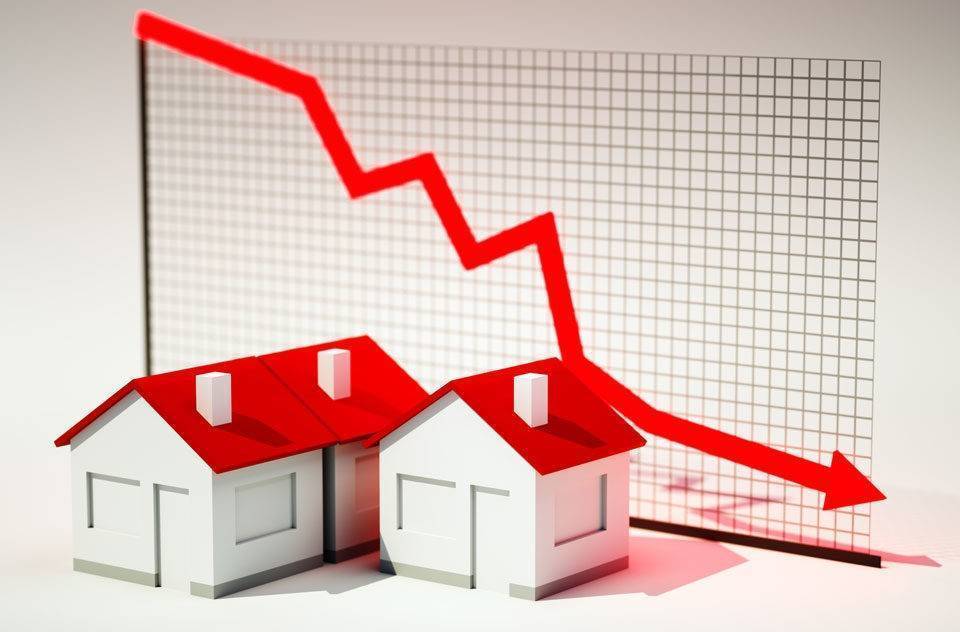
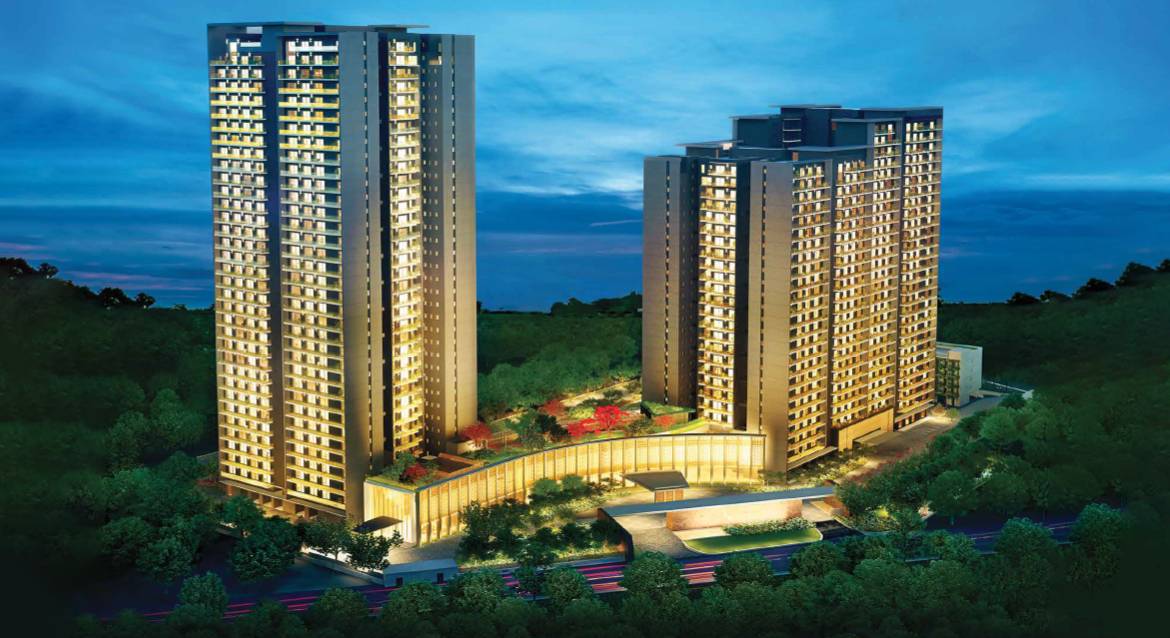
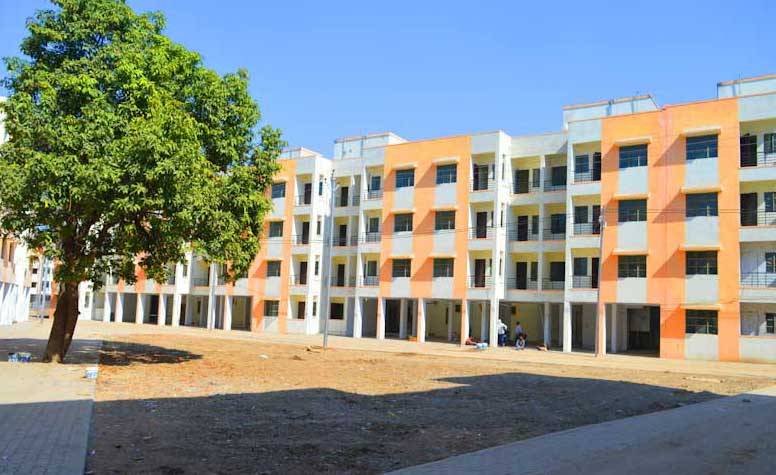
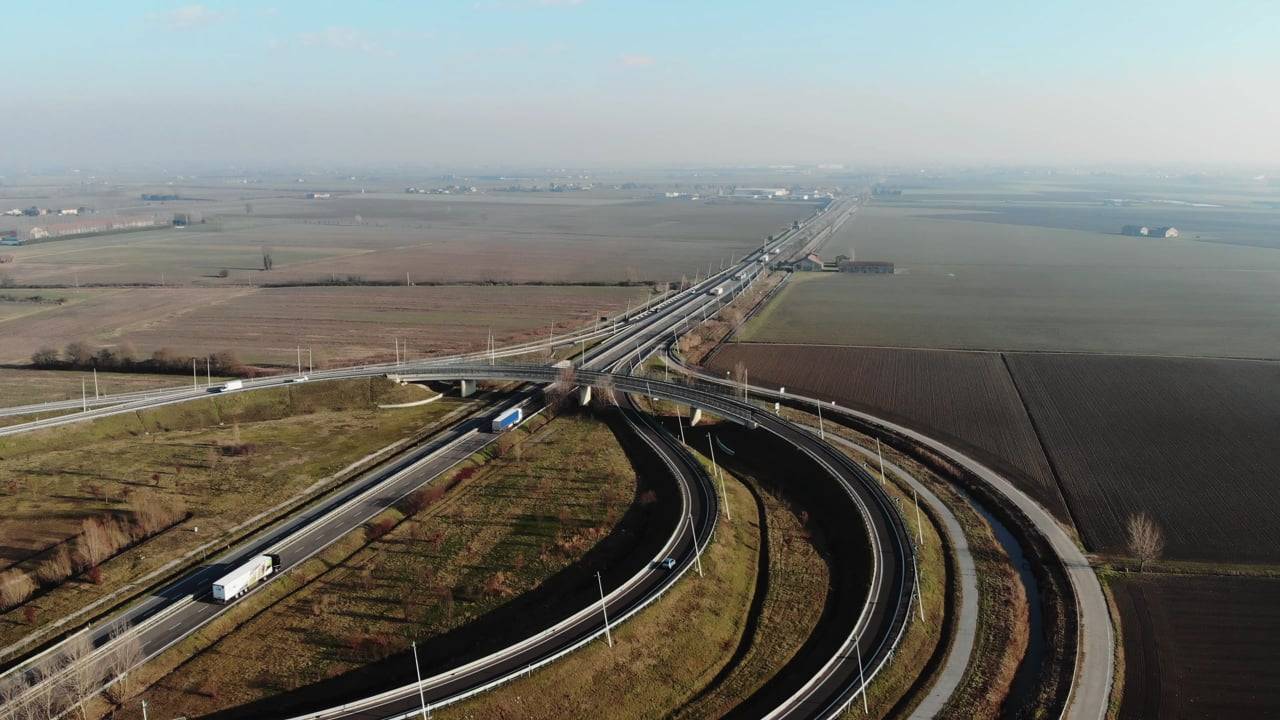

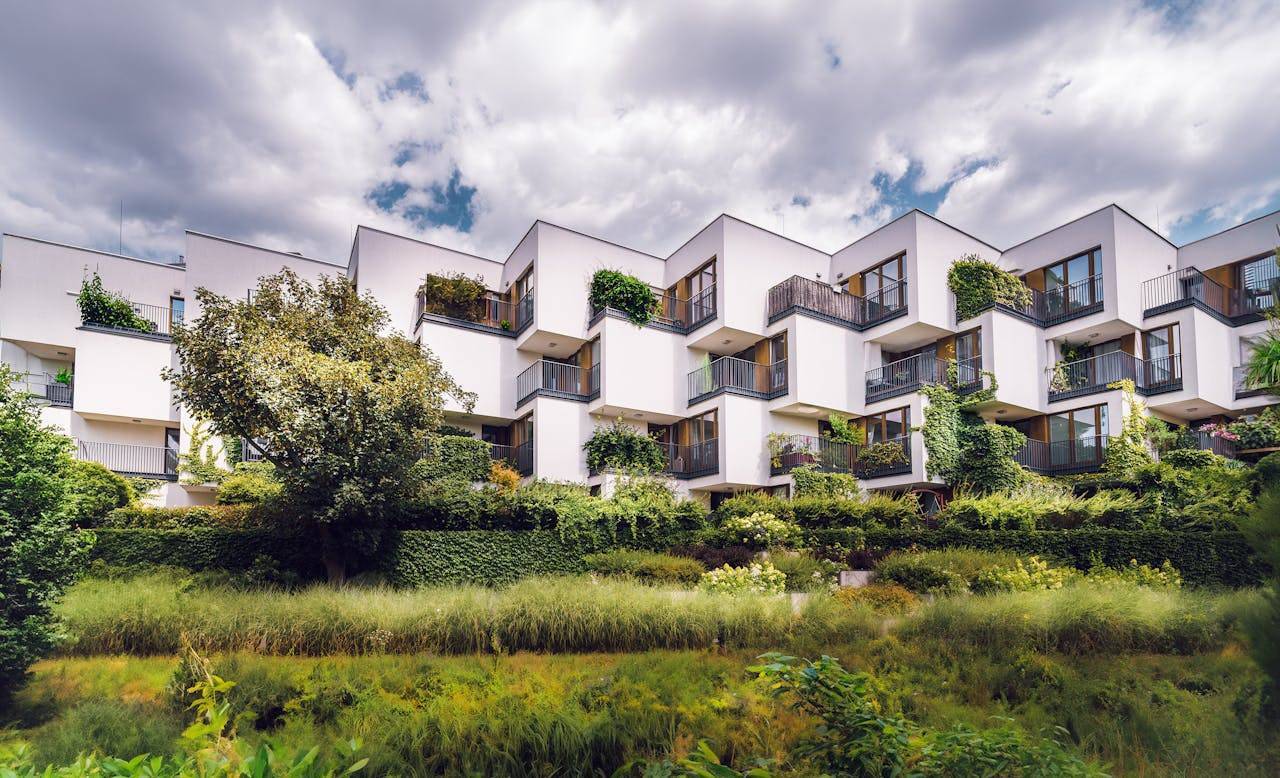
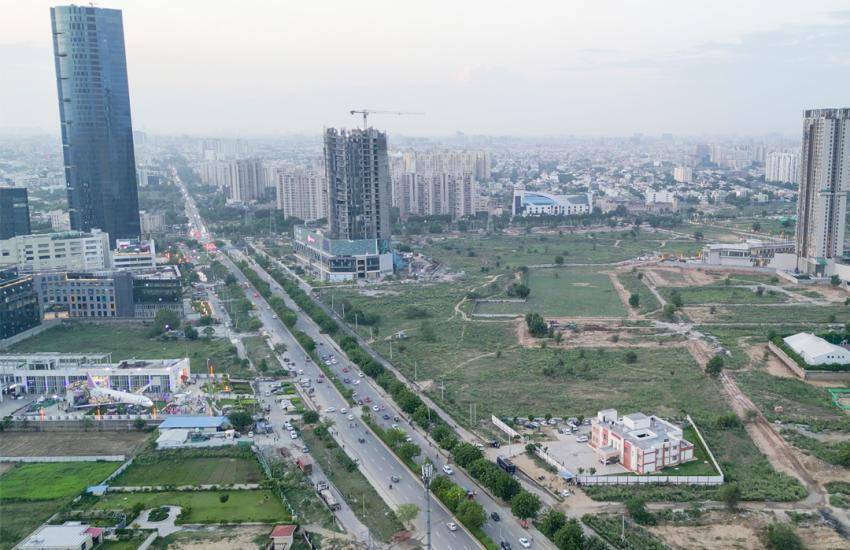

.png)